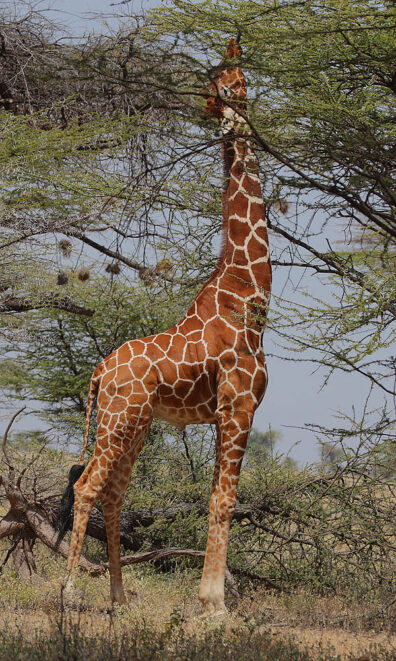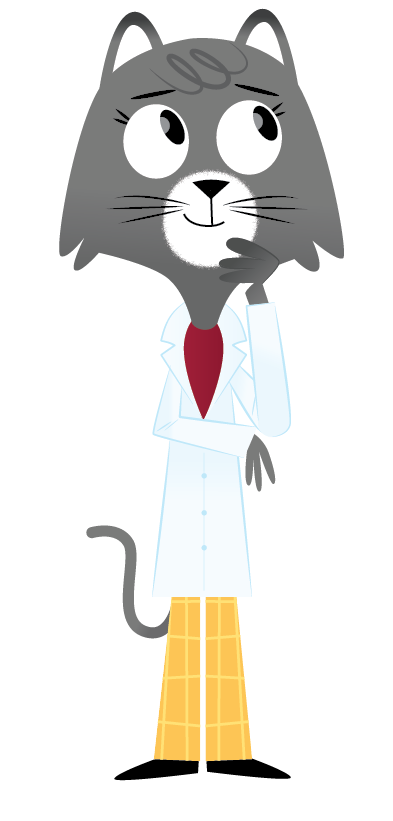Why are giraffes’ tongues purple? — Winona, 6, Wisconsin
melissamayerDear Winona,
When I was a kitten, I visited a drive through zoo. A giraffe slithered its long, purple tongue through the open car window and licked my face.
It was awesome.
It turns out dark colors come from a pigment called melanin. That melanin makes a giraffe’s tongue purple, blue or black.
I asked my friend Cynthia Cooper about melanin. She studies pigments—the colorful stuff in animal cells—at Washington State University.
She told me melanin is also why human skin gets darker from being in the sun.
 » More …
» More …


